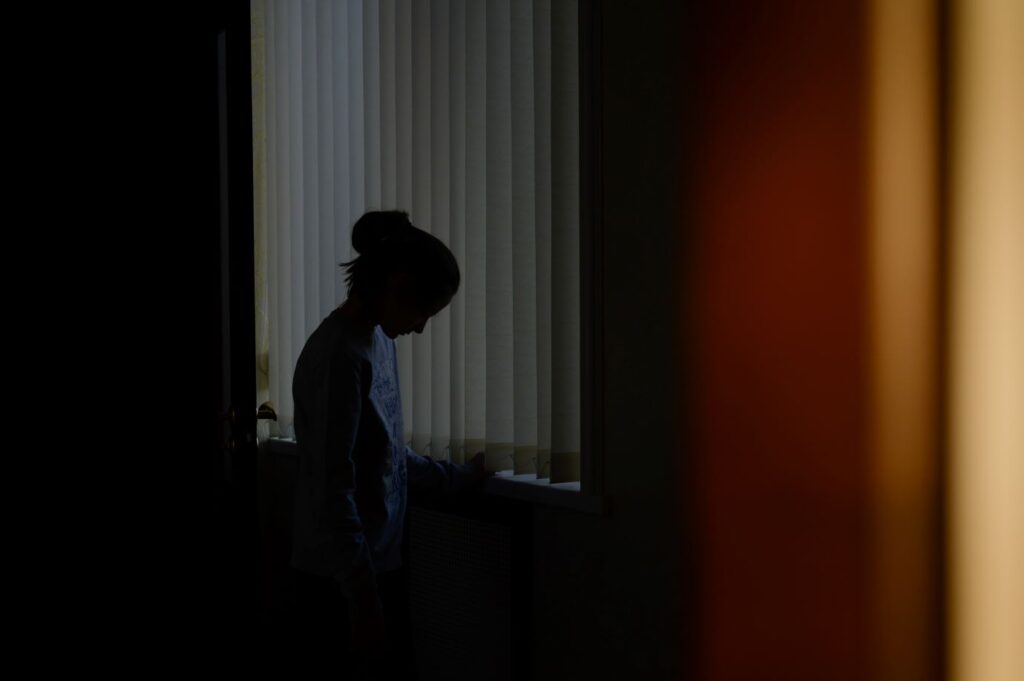Over the course of 2024, the Commonwealth government has made a number of incremental changes to the migration system under the banner of increasing safety for women who reside in Australia on temporary visas and experience domestic and family violence.
One focus of recent reforms has been amendments to the ‘family violence provisions’. These provisions were designed to operate as a ‘safety net’ for temporary visa holders on a pathway to permanency to continue to access residency if it can be established that their relationship was genuine and broke down due to domestic and family violence.
A recent announcement has indicated a further broadening of the provisions, to enable secondary applicants for permanent visas to access the provisions. While this is an important step forward, the need to amend the provisions for this cohort was first outlined over a decade ago to prevent women from becoming ‘trapped’ in a relationship with a violent partner.
With each announcement officials, including the Minister for Social Services Amanda Rishworth, have affirmed the commitment to ensuring that someone’s visa status should not be an impediment to safety.
The changes we have witnessed are welcome. But it is important to be clear that system change requires a much bigger reform commitment than incremental shifts within the system as it currently stands. With an ambitious National Plan to end violence against women and children in a generation, systemic reform requires a much bolder approach.
Temporary visa holders and domestic and family violence: what do we know?
Nationally there has been advocacy, led by the National Advocacy Group for women on temporary visas experiencing family violence, for reform to the migration system and flow on reform to enhance access to every available support to ensure better protection for women on temporary visas.
National research with migrant and refugee women across Australia has demonstrated that temporary visa holders are at a high risk of experiencing domestic and family violence.
Earlier this year, the NSW Domestic Violence Death Review Team released data from 2021-2023, which indicated that a quarter of people killed in a domestic violence context were born outside of Australia and 13 per cent were on a temporary visa at the time they were killed.
Temporary visa holders and domestic and family violence: what do we need?
If these changes aren’t enough, what next?
We are members of the National Advocacy Group and stand by the Blueprint for Reform which proposes changes that would enable all temporary visa holders who experience domestic and family violence to immediately access the full suite of support they need, including time to remain in Australia to pursue family law and other related matters in the wake of a relationship breakdown. This is pertinent in the wake of changes to the migration system to introduce the pilot workplace justice visa. This allows migrant workers who experience labour-related exploitation, including those who have breached the visa conditions and/or overstayed their visa, to access support and remain in Australia for six months to pursue a labour claim against an employer. While imperfect, this is evidence that proactive protections are possible.
In our recent book that interrogates the intersections of the migration system, borders and domestic and family violence, we detail other related concerns, including the weaponisation of the migration regime, and the ongoing absence of accountability for visa sponsors who abuse women they are sponsoring. We cannot redress the high rates of violence against women, including domestic and family violence, if we are not proactive in holding these perpetrators to account.
We argue that in its current form, the system upholds the impunity of perpetrators – a major failing at a time when our leaders continue to claim to be committed to transformative action to end violence in all its forms, irrespective of visa status.
While we are encouraged by the recent changes, we urge policy makers and the Australian community at large to consider the limits of reform that ‘tinkers’ with different parts of the system and to recognise that bold, ambitious whole-of-system reform is where we need to begin.
If you or someone you know is experiencing, or at risk of experiencing, domestic, family or sexual violence, call 1800RESPECT on 1800 737 732, text 0458 737 732 or visit 1800RESPECT.org.au for online chat and video call services.
***
Professor Marie Segrave is an ARC Future Fellow in the School of Political and Social Sciences in the Faculty of Arts. Marie has led significant research on human trafficking and slavery-like practices, the exploitation of irregular and temporary migrants, and the intersections of temporary migration and domestic and family violence.
Dr Stefani Vasil is a lecturer in Criminology and Criminal Justice at the Thomas More Law School. Prior to this, she was a postdoctoral research fellow with the Monash Gender and Family Violence Prevention Centre at Monash University.


